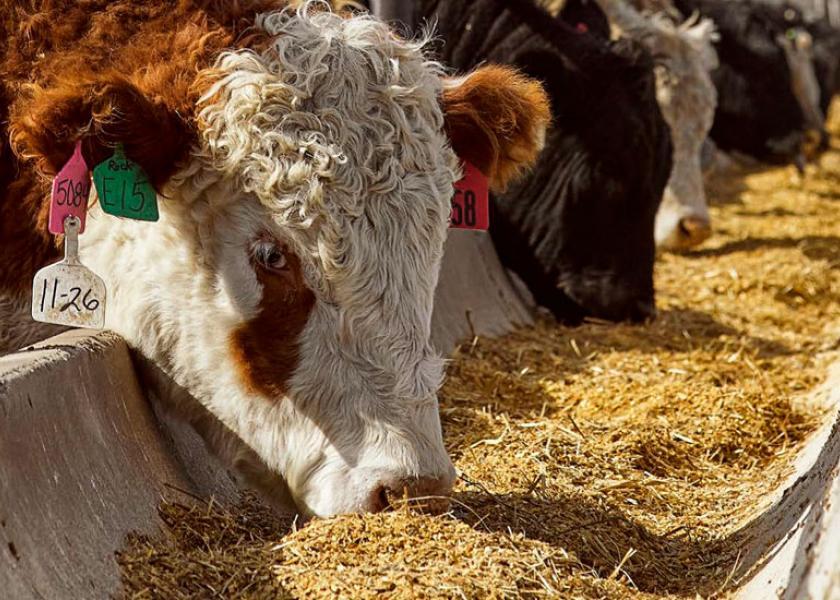Beef Fails Antibiotic-Free Test in New Study

A substantial portion of beef advertised as “raised without antibiotics” may, in fact, contain antibiotics. That’s according to a new study published Thursday in Science Magazine.
Researchers at George Washington University tested urine samples from cattle that were destined for a “Raised without Antibiotics” (RWA) marketplace and found about 15% of the cattle tested positive for antibiotics. The researchers say their findings suggest current “raised without antibiotics” labels lack integrity.
“People ask me all the time what they can do to prevent the overuse of antibiotics in meat production,” co-author Lance Price, founder and co-director of the Antibiotic Resistance Action Center at George Washington University, said in a statement.
“For years, I’ve been telling them to buy products labeled ‘Raised without Antibiotics’. I’m disappointed to see that these promises aren’t always true,” Price added. “The good news is that the majority of producers appear to be doing it right.”
Using a rapid immunoassay that screens for 17 antibiotics commonly administered in feed and water, the researchers sampled cattle from every lot of RWA cattle delivered for processing at a single slaughter plant over a seven-month period. A total of 699 cattle were tested from 312 lots and 33 different RWA certified feedyards (mean lot size = 122 cattle; mean number of animals tested per lot = 2). The 312 lots sampled in this study included 38,219 head of cattle, representing ∼12% of US RWA beef production for the period.
The results found three feedyards (9%) had multiple lots in which all samples tested positive for antibiotics; four feedyards (12%) had all samples test positive in a single lot; seven (21%) had a positive sample in more than one lot; and 14 (42%) had at least one animal test positive.
“These findings provide empirical evidence that a material portion of beef products currently being marketed with RWA labels is from cattle that were treated with antibiotics,” the researchers said.
The antibiotic testing in the study was funded by Food In-Depth Inc., the company launched in 2020 by Bill Niman, who previously operated Niman Ranch. Since its beginning in 1969, Niman Ranch grew to sell natural beef, lamb and pork to more than 1,200 restaurants and restaurant groups. Niman Ranch is now owned by parent group Perdue Farms.
Regarding the finding of their study, the George Washington researchers said there are strong incentives for companies to cheat on a set of claims that are relatively easy to confirm. They suggested this contradiction was due to the credibility and value such labels obtain in the marketplace after receiving approval from the U.S. Department of Agriculture— while accusing the agency of failing to require empirical testing to validate the labels.
“The USDA, retailers and restaurants have the tools to ensure the integrity of these important labels,” co-author Kevin Lo, CEO of Food In-Depth, said in a statement. “Consumers are paying real money for these claims, they should get what they pay for.”







